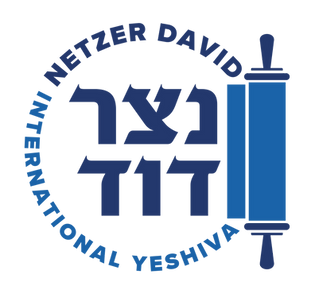
netzer david international yeshiva
Netzer David International Yeshiva offers in-depth training to enable Messianic Jewish leaders to stand within Judaism and among the Jewish people. The Yeshiva equips its students to take various leadership and ministry roles in Messianic Jewish synagogues and ministries, and to sensitively and effectively interact with rabbis and others from within the Jewish community.
Our Yeshiva program has been approved by the Union of Messianic Jewish Congregations (UMJC) and our courses qualify a candidate for both “madrikh” (licensure) and “smicha” (ordination) by the UMJC.
The Yeshiva also serves the Christian community. Taking seriously the teaching of Romans 11:11-24, the courses offered explore the rich Jewish backgrounds and context of the biblical text. Appreciating the Jewish perspective of the Bible will enable Christians to enrich their faith and deepen their understanding of the Scriptures as they tap into the Jewish roots of their beliefs.

The Yeshiva offers classes that can be taken live with the instructor and class via an online platform or viewed independantly to be tailored to your schedule and availability. This flexibility gives Netzer David students the ability to work at their own pace if desired but also allows them to interact with the professors and other students.
doctor of ministry
The Doctor of Ministry is taught using the tutorial model. Under the tutorial model the student and his or her advisor will plan an individualized program, including determination about what credits may be able to be transferred, and/or what additional courses may be needed.

